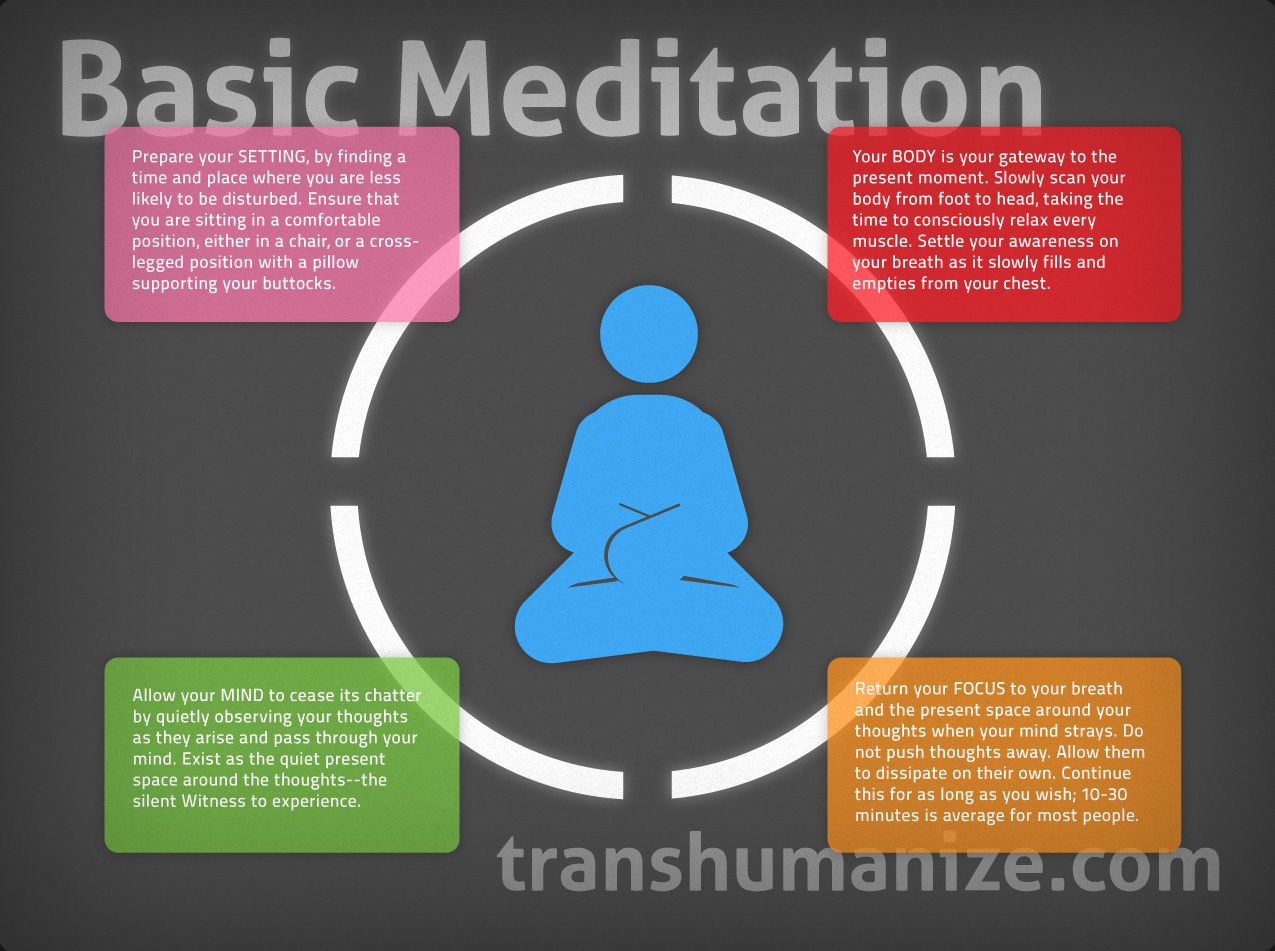by Sangeeta Jaggia:
When we talk about stress these days, we have the notion in our mind that we can and we are controlling it. But what happens is that we start taking it on our body and later at the end of the day taking it out on our family members and our loved ones.
Let’s assume you are traveling for a meeting, which you were supposed to attend right after the lunch. You started just 15 minutes early, as the meeting venue was close by. It’s lunchtime and you get stuck in the traffic jam. Here you start coaxing yourself for starting late, cursing why everyone is out on the road at this very time, you feel like hitting the person who created the jam.
If you notice your body also starts showing some similar signs, like you will feel uneasy; try to shift in your driving seat; clench your muscles especially jaws; hunch your shoulders; light a cigarette or even honk the horn again and again. You look up at your watch and imagine all worst things like losing the deal. If you feel going through all this or if this has become a part and parcel of your life then you are stressed! In order to combat stress and cope with it, today let us learn a basic technique of meditation. You can practice this twice daily starting with minimum of 15 minutes and then later doing it for an hour. Light incense stick or play soft music in the background, your place of meditation should be clean and non-disturbing, and it should be comfortable. Don’t allow anyone to disturb you during this period. The more regularly you practice; higher will be your rate of relaxing and learning. Once you are through with the technique, it will require only few minutes to release your tension and live stress free life.
Basic meditation technique (for coping with stress):
Sit comfortably on a chair or a soft cushion and if you can’t then lie down on a soft bed and start practicing it. Slowly and softly close your eyes. Take a few deep breaths, and let the breath go…. Inhale deeply and then exhale, do it softly. Once again inhale deeply and then exhale. Feel any tensions in the body.
- Breath in to them, relax… Let your shoulders drop. Feel the spine lengthening upwards. Let your face loosen, relaxing your jaw muscles.
- Allow the tongue to be relaxed in your mouth.
- Feel your breath getting deeper and deeper.
- Release any tension…
- Observe your breath coming in through your nose…
- Observe the breath going out…
- Now feel the breath going down through the throat, the chest and in to lower abdomen.
- As you begin to feel it in the lower abdomen you feel that with every breath you inhale, your belly rises and with every exhalation it falls.
- Feel this extension and contraction of your belly muscles…
- Feel the breath every time it rises and falls-
- Release any tension… Come back to deep inhalation and exhalation…
- Let go of any tension… Return to deep inhalation and exhalation…
- Return to your breath.
(Continue to repeating this for longer intervals)
Before ending the meditation:
Let your breathing get slower, slower and deeper. Listen to what is happening around you. Move your head and neck a little, now your hands and your body. Feel movement. Slowly and gently open your eyes and feel the presence of others around you.
Meditation practice brings out immense benefits:
- Releases stress of body and mind.
- Calm mind with heightened awareness about self and others.
- Increases co-ordination of the body.
- Feeling of being physically fit and well being.
- Development of operational efficiency.
- Builds stamina and increases productivity.
- Strengthens immune system.
- Develops a positive attitude towards life and job.
Congratulations! With this you have learned the art of basic meditation.
by Sangeeta Jaggia, Reiki Master





